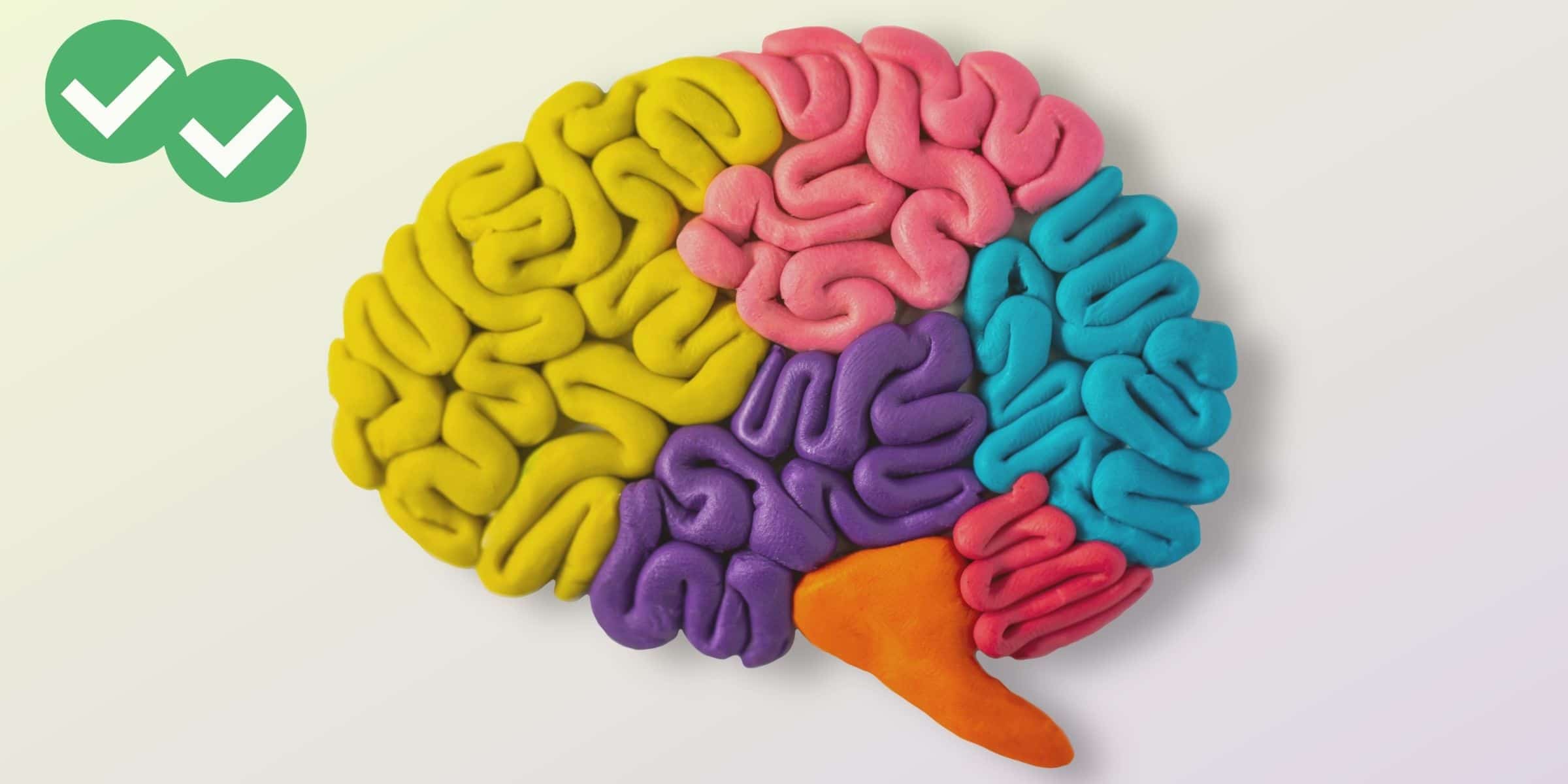Vocabulary is very important on the TOEFL. This is one of the reasons that Magoosh has so many resources for TOEFL vocabulary, including flashcards, ebooks, and even comic strips. Vocabulary is important both for comprehension of English and production of language on the exam. You need to be able to understand a wide range of academic and conversational words. And you need to have varied, fluently used vocabulary in your own speaking and writing on the test.
Learning new vocabulary is not always the most fun part of TOEFL prep. When you see a long list of recommended words to master, you may feel stressed out, even overwhelmed. And the length of the lists can vary a lot. Magoosh gives you a list of about 200 words, while some other resources have longer lists. As if this weren’t confusing enough, it’s also kind of hard to make a true count of exactly how many words you know. As Lucas points out, many words you’ll learn are closely related, or have different grammatical forms.
For this reason, a lot of my students anxiously ask me just how many TOEFL words they need to learn. This is a good question, but there’s no simple answer. The amount of new words you need to master depends a lot more on your TOEFL performance than on any specific vocabulary word count. As important as vocabulary is on the TOEFL, your success on the exam is really dependent on two things—vocabulary range and strategy.
Strategy is very important because building vocabulary alone is never enough. There are over 1 million words in the English language, and it’s not possible to learn every single word that *might* appear on the TOEFL. Good approaches to test taking allow you to have good comprehension and give good answers even when you don’t understand every word. And strategic writing and speaking allow you to use the words you know well—and this is much better than simply packing your speech and writing with a bunch of recommended vocabulary words.
There are quite a few different strategies you can use alongside your vocabulary skills for the best TOEFL performance possible. Active reading, attentive listening and effective note-taking are all required if you’re going to make the most of the vocabulary you’ve committed to memory. Good pacing strategies are important too— if you don’t pace yourself well, you won’t have time to notice and comprehend key vocabulary words. Moreover, you’ll use vocabulary less effectively in your writing and speaking if your answers are rushed or can’t be completed in time.
There are also some vocabulary-specific strategies that help you guess the meaning of unfamiliar words, or understand the overall meaning of what you hear and read, even if you don’t understand a word. These strategies must be learned alongside the learning of new vocabulary, because you are pretty much guaranteed to come across a few words you don’t know on the exam.
The real question you should be asking yourself is whether you have a good balance of vocabulary and effective strategy. The best way to measure this is to practice TOEFL questions as much as you can. Once you are performing well enough to reach your target score, you’ll know that you’ve learned enough new words and learned the best strategies to use the words you know and deal with the ones that you don’t.






Leave a Reply